Many are wanting to treat their anxiety only with tranquilizers. People are becoming more and more medicalized, and living under the influence of synthetic drugs. Is there a better way?
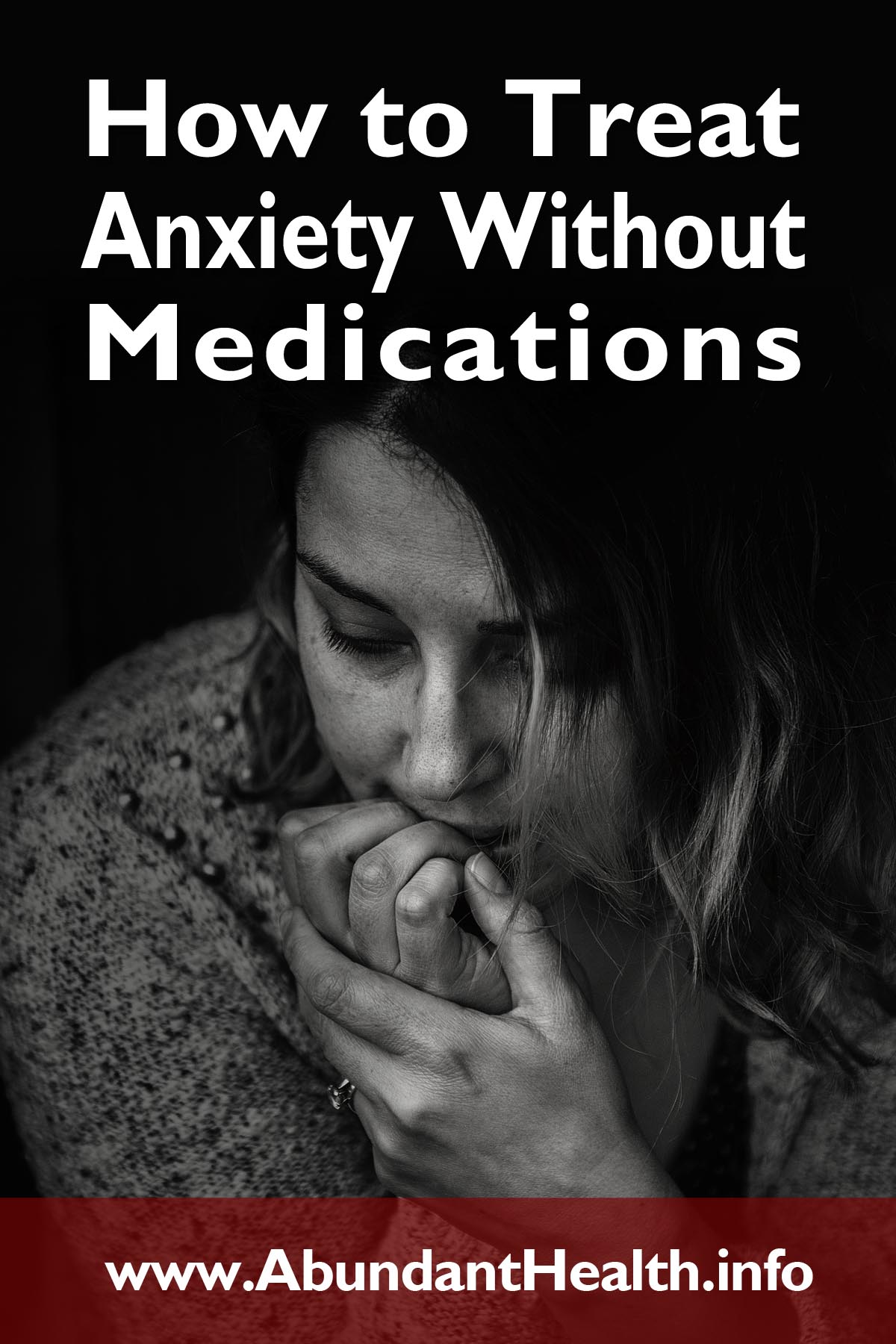
Many are wanting to treat their anxiety only with tranquilizers. People are becoming more and more medicalized, and living under the influence of synthetic drugs. Is there a better way?
In fact, it is not just tranquilizers, but drugs in general, because it is easier to take a pill, thinking it will cure everything, instead of working to change our lifestyle, which involves food, exercise, the way you think, how you deal with emoticons, breathing pure air, drinking pure water and getting sunlight.
So there are general principles of lifestyle medicine that really should be applied, practiced in our lives constantly, and thus gradually improving our health, so that those who use medication, whatever it is, can with medical supervision reduce or even eliminate some of that medicine, precisely because they managed to modify the lifestyle so that it favors our body and our brain to function better.
So, the amount of prescriptions for anxiolytics, which are medications to reduce excessive anxiety, is frightening. What can help to prevent abuse of this medication in people who have excessive anxiety?
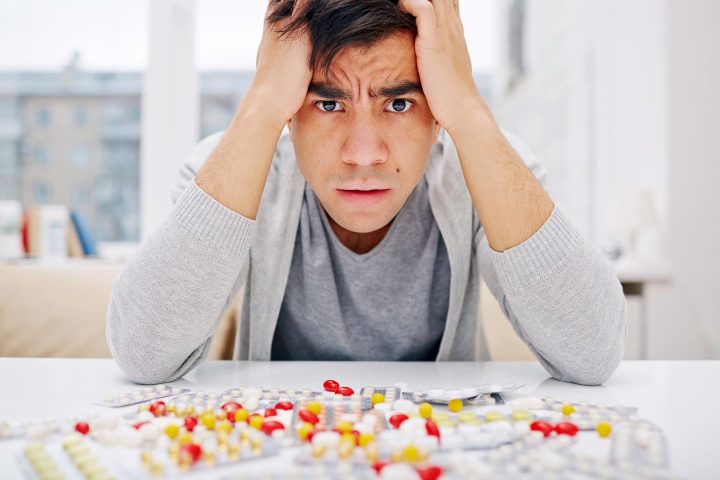
Remembering that, this excessive anxiety manifests itself differently for different people. Some people have a lot of anxiety and this leads to a panic attack. Others will have a phobia, simple phobia or social phobia. Others will have some somatization, and their body ends up suffering because they have exaggerated emotional stress of high anxiety. So there are several ways in which excessive anxiety manifests itself in people. It also manifests itself explicitly, purely with anxiety, the person is anxious, nervous, and distressed all the time.
So what can you do to not become dependent on anxiety medication? First, it is important to accept that there may be something in your life that produces excessive anxiety and to understand and accept that there may be conflicts in your life that increase your anxiety. Accepting is not agreeing, accepting is admitting the reality.
The person may have excessive anxiety about some conflicts, and run away from them, not wanting to face and resolve them. But with the guidance of a professional and with God’s help, your choice and determination to understand why that conflict arose, it will certainly resolve itself. Could it be something from your past life that you’ve carried into your adult life, often adding current conflicts there?
You have to stop to think, analyze, and pray about the matter so that your mind is clear. And then you will begin to realize that there may be some things you can do, in the way you think, feel and deal with people, in the expectation of receiving attention and affection from others. Perhaps you will need some adjustment in these behaviors and attitudes so that the anxiety can gradually subside.
It is important to remember that excessive anxiety can be a red light, indicating that there may be some situation in your way of functioning as a person that needs change, adjustment, or repair.
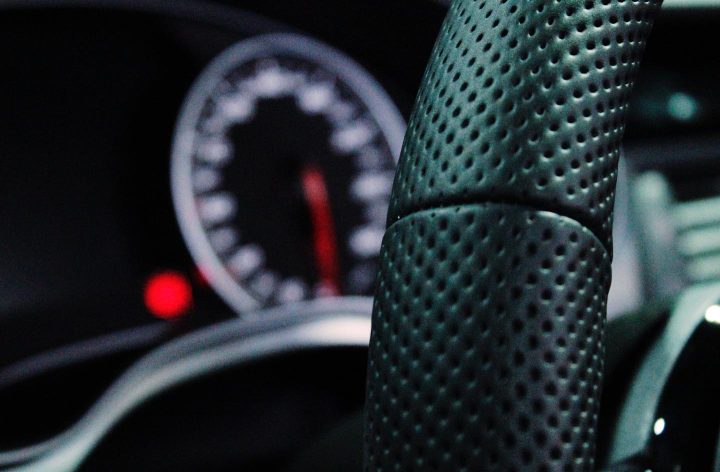
It could also be that you have always been a person with an anxious profile and that you have a tendency to have anxiety in your personality structure. We call this trait anxiety, which is different from state anxiety. State anxiety is when a person is experiencing a somewhat tense situation and their anxiety increases for a while, but after that stressful event passes, anxiety returns to its normal level. Trait anxiety, on the other hand, is when the person has high anxiety almost all the time, perhaps since childhood.
So, the first step is this: if there is a problem in your life that you need to accept, which is a reality, although it is hard to accept, instead of running away, or not thinking about it, admit that this is a reality that you are living. Second, it’s important that you look outside of yourself instead of focusing on the feeling of anxiety you may experience.
Try to think that you are not the anxiety; it’s just something on your mind. Think that you can use the healthy side of your mind to learn how to deal with it. So, don’t freak out. Take a deep breath and think, “I’m overly anxious here. Let me think where that comes from.” You are not anxiety; anxiety is something that is disturbing you excessively, but you can think, you can work, and you can study. So even though your mind has an anxious side, there’s also another healthy side that’s working.
Also, think that everyone has anxiety. Therefore, the aim is not to eliminate anxiety, but to see how it can be diminished if it is exaggerated. If there is, for example, tension in a relationship, what can you do to resolve it? What is depending on you? Exaggerated anxiety can be explicit, that is, appear as restlessness, a feeling of emptiness, or a tightness in the chest, or it can arise through another disorder such as phobia, which is exaggerated fear; obsessive-compulsive disorder, which are obsessive thoughts, that lead to compulsive acts disrupting the proper functioning of the person. Excessive anxiety can appear through a panic attack, which is an overflow of anxiety. But it can manifest itself in other ways as well.
Another thing that helps you work on your life and avoid becoming dependent on tranquilizers is to take action instead of doing nothing to resolve, and freaking out with exaggerated anxiety or distress. For example: Decrease the pace of work, do not despair, and perform your tasks more slowly on that day when you are most anxious. Of course, as far as possible, without demanding from yourself that you have to perform the same as before the anxiety disorder.
Breathing can also help. Very anxious people often breathe poorly. Therefore, throughout the day, breathe deeply and slowly, about five or six times in a row, pulling air through your nose and letting it out through your mouth very slowly. This extra oxygenation helps the brain to function better.
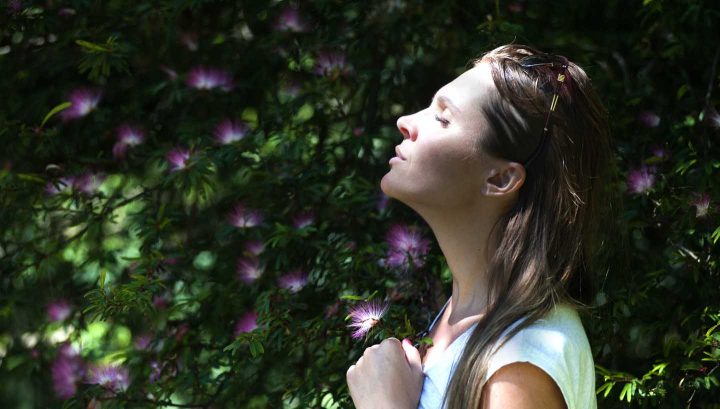
Also, check how your diet is doing. Caffeinated beverages, for example, can make anxiety worse. Therefore, eliminate these substances, or reduce their consumption as much as possible. In the case of caffeine, it is better to eliminate it. Doing some exercise, especially outdoors, such as hiking, also contributes to the relief of excessive anxiety. Preferably exercise in nature, because you will reach the benefits of fresh air, Sunshine and a calming landscape! Nature calms down.
Finally, examine your thoughts. Think about what you have been thinking about most often. A person with excessive anxiety often exaggerates things and tends to focus on problems that haven’t happened, and probably never will. So, don’t anticipate tragic events that possibly won’t happen. Check whether your most frequent thoughts, which increase anxiety, have a real basis. Are they reasonable? Are they based on truth or an assumption? Do you have proof? Do you have concrete evidence that this thought that comes into your head, which generates anxiety, is true, or is it just produced by an anxious mind that imagines things?
You can keep imagining countless negative, tragic, catastrophic things, which have no basis in reality, and which may never happen. So, analyze the reason for the catastrophic thoughts, your pessimistic thoughts of tragedy. If you cultivate them, it will increase anxiety. Then you can choose what kind of thought you will allow to linger in your mind. We call this psychoeducation, or education of thoughts.
Seek to develop your spiritual life and your faith. Scientific studies show that prayer, meditation on a biblical text, and helping others for free, on a voluntary basis, help us become more serene. Attitudes like this, practiced with perseverance, insisting with patience, with humility and determination, will help to reduce anxiety. The person who practices this may not even need a tranquilizer, or if he does, he may use it for less time and without needing a high dose. As you practice these principles and ask God for help, you can overcome this excessive anxiety.

Stay Always Up to Date
Sign up to our newsletter and stay always informed with news and tips around your health.
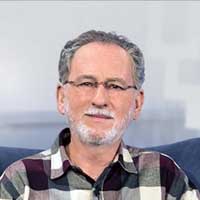
Dr. Cesar Vasconcellos de Souza is working as a psychiatrist and international speaker. He is author of 3 books, columnist of the health magazine “Vida e Saúde” for 25 years, and has a regular program on the “Novo Tempo” TV channel.
Leave a Reply